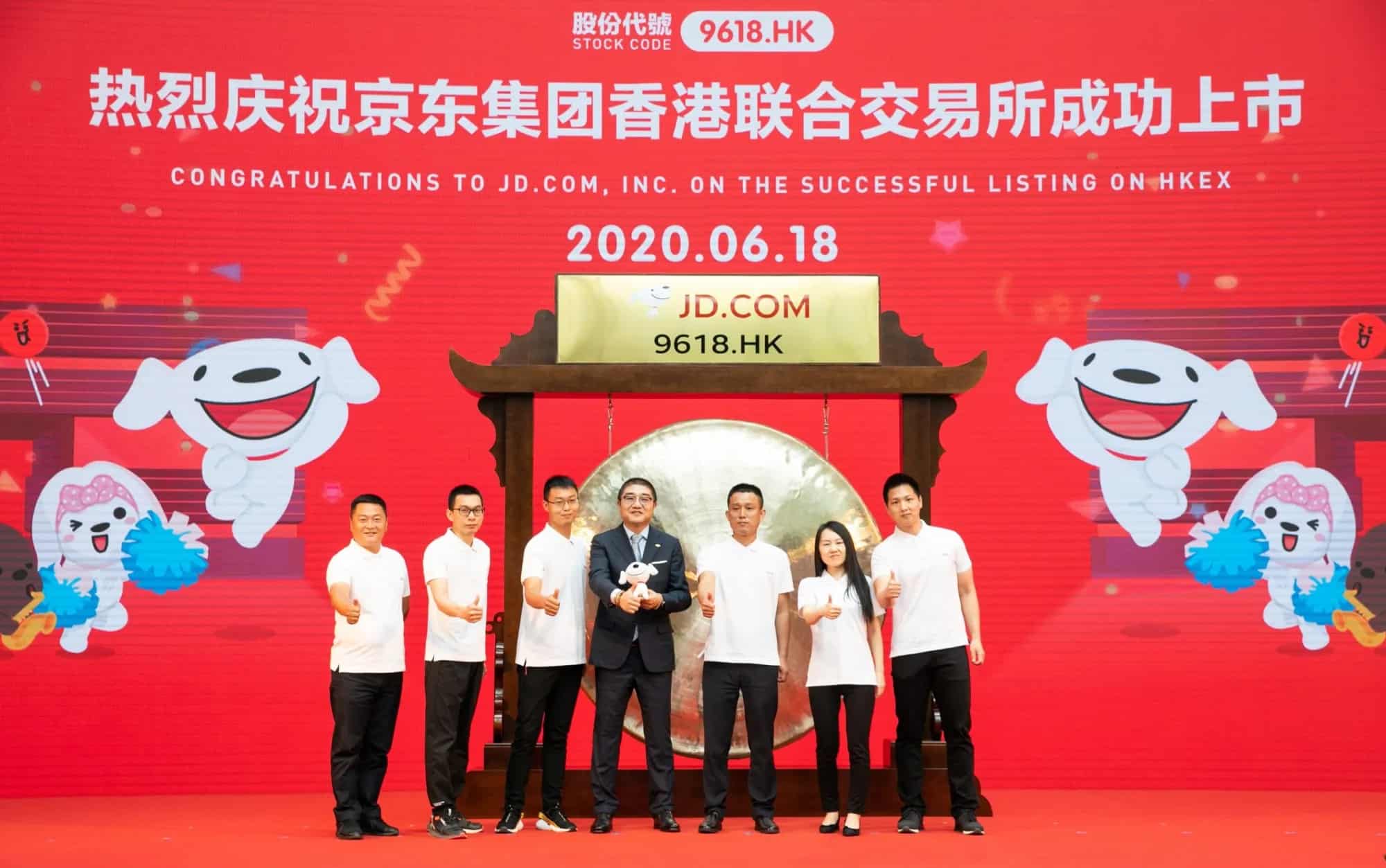Good Morning. Welcome to The Wire’s daily news roundup. Each day, our staff gathers the top China business, finance, and economics headlines from a selection of the world’s leading news organizations.
The Wall Street Journal
Duty-Free Boom Fuels Surge in Chinese Tourism Stocks — Chinese tourism stocks are flying high, thanks to a bet by investors that travelers will stick to domestic excursions due to the pandemic and also take advantage of relaxed duty-free rules.Blackballing Ch
LISTEN NOW
Face-Off: U.S. vs. China
A podcast about how the two nations,
once friends, are now foes.




